OCD and Why “Normal” Doesn’t Matter
It seems that a week doesn’t go by without hearing one of these phrases (or some similar variation) from my clients:
My mom said that she would shower after being in a crowded bar, too.
My friend said that it’s normal to double-check that the car is locked.
My girlfriend told me that she would also be grossed out by touching a toilet seat.
These kinds of phrases can serve many functions. They can be hopeful pleas to avoid adding yet another behavior to the long list of compulsions to be targeted in treatment. Or perhaps they are a furtive attempt to engage in a compulsion under the guise of something else, a sneaky tactic employed by a sufferer who is not yet ready to confront OCD. Maybe these phrases are the work of the OCD itself – convincing the sufferer that they should bend to its wishes without delay. Or maybe, they are a last-ditch effort to find some semblance of normalcy in an otherwise chaotic and uncertain world. Perhaps they are even accurate assessments of what an ‘average’ person might do.
When my clients bring one of these phrases into session, I invariably offer the same response: I don’t care. It doesn’t matter.
These are words that are not heard too frequently in therapists’ offices (hopefully), but in this particular instance, I stand by them and believe them. It’s not that I don’t care about the client or empathize with the distress that they find themselves in; it’s simply that the concept of “normal” is utterly irrelevant to the treatment of their OCD.
Do individuals with OCD engage in behaviors that might be considered abnormal or excessive? Of course. In fact, behaviors which are “clearly excessive” are described in the DSM-V diagnostic criteria under its definition of the term compulsion.
“But here’s the real question: is excessiveness (or normality) the sole component to determining if a particular behavior is compulsive? Absolutely not. ”
But here’s the real question: is excessiveness (or normality) the sole component to determining if a particular behavior is compulsive? Absolutely not.
The DSM-V offers some additional guidelines under its diagnostic criteria, one of them being that compulsions “are aimed at preventing or reducing anxiety or distress”. That is to say that it is not simply the frequency with which someone engages in a behavior, but also the function of the behavior itself. Is that behavior a means of modulating an unwanted emotion? Does it reduce anxiety? Does it prevent a person from having to experience anxiety? If you can answer yes to these questions, you have yourself a compulsion.
Let’s revisit the toilet seat example above. As a practitioner who guides clients through Exposure and Response Prevention, I have a certain familiarity with toilets. For those unacquainted with this treatment modality, ERP is an evidence-based practice which falls under the umbrella of Cognitive Behavioral Therapy (CBT). It is a process by which individuals with OCD expose themselves to triggers, evoke anxiety, and then practice allowing that anxiety to run its course without altering it in any way. By doing this, we allow our brain to have a corrective experience, showing our brain that it does not need to do anything (read: compulsions not necessary!) in order to get through the experience of anxiety. For individuals with contamination obsessions, I often find myself in the bathroom touching toilets. Let’s ponder a few questions:
Do I enjoy touching toilets? No.
Is rubbing a toilet and then rubbing my clothing and body a “normal” thing to do? I don’t think so.
Would I rather not be touching a toilet? Yeah, probably.
Does this experience spike my anxiety? NO.
Aha! This is the important part! It doesn’t matter if your friend, your mom, or everyone on your basketball team avoids touching toilets. Chances are, these people are not touching toilets because it’s maybe a little unpleasant or because they have no reason to rub all over a toilet (unless your friend is an OCD therapist)…but if you have OCD and your anxiety is the reason for your avoidance – that’s a compulsion. It does not matter if the behavior is considered normal or abnormal; if the function of the behavior is to reduce or prevent anxiety, that is a compulsion. If you are an OCD sufferer, your barometer of compulsive behavior is not normality or the behavior of others, but rather, the barometer is your anxiety itself. If you’re truly interested in stamping out your OCD symptoms, forget ‘normal’ and let your anxiety be your guide.
